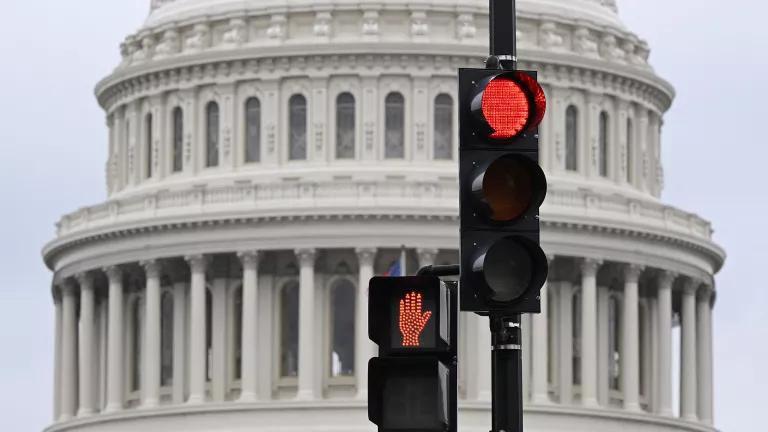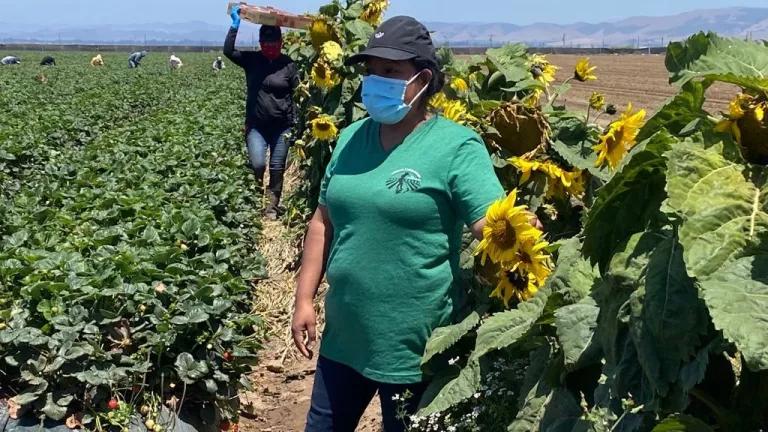Courts Uphold Glyphosate’s Spot on California’s Prop 65 List of Carcinogens

In good news for public health, the dangerous chemical will rightfully remain on this public list of cancer-causing substances.
In a blow to the chemical giant Monsanto, the California Supreme Court yesterday refused to hear a challenge to the state’s landmark consumer safety law, Proposition 65, that would have removed the chemical glyphosate—found in the company’s Roundup products—from the state’s list of carcinogens.
The decisions of the lower courts still stand, which upheld a voter-approved provision to allow outside scientific findings when adding chemicals to the Prop 65 list.
“Monsanto doesn’t have the right to decide which scientific experts are permitted to inform the public about cancer-causing chemicals,” says Avinash Kar, a senior attorney at NRDC. “By refusing to consider this case, the Supreme Court has allowed Proposition 65 to keep working the way voters intended when the initiative was passed in 1986.”
Glyphosate was found to be a probable human carcinogen by the World Health Organization’s International Agency for Research on Cancer (IARC) in 2015. When California’s voters decided that the IARC’s independent findings were valid grounds to add glyphosate to the Prop 65 list, Monsanto tried to argue it was unconstitutional. The trial court rejected Monsanto’s arguments and dismissed the case in 2017; the California Court of Appeal affirmed that judgment in April 2018.
NRDC, Sierra Club, the United Steel, Paper and Forestry, Rubber, Manufacturing, Energy, Allied Industrial and Service Workers International Union, AFL-CIO, CLC, and the Environmental Law Foundation intervened in Monsanto’s lawsuit and filed a successful motion to dismiss.
"California will continue to use the best science available to make sure people in the state understand the dangers of the chemicals they use, says Kathryn Phillips, director of Sierra Club California, “whether the chemical companies like it or not.”



